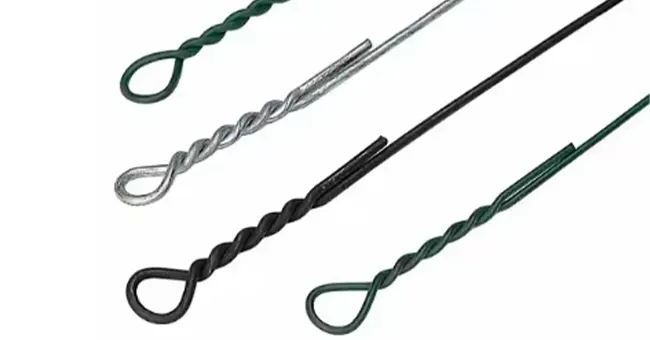-
 Phone:
Phone: -
 Email:
Email:

Understanding the Differences Between Barbed Wire and Razor Wire for Security Fencing Solutions
The Dual Nature of Barbed Wire and Razor Wire Security and Controversy
Barbed wire and razor wire have long been symbols of security and confinement, playing crucial roles in shaping how we perceive safety and protection. From prisons and military installations to farms and private residences, these materials serve as formidable barriers, deterring unauthorized access and safeguarding property. However, alongside their protective allure, they evoke conversations about safety versus humanity.
Historical Context
Barbed wire was invented in the late 19th century and quickly became a revolutionary agricultural tool, helping farmers manage livestock. It provided a cost-effective solution to keep animals within designated areas, thus preventing overgrazing and freeing up valuable land. However, it wasn't long before the versatility of barbed wire caught the attention of the military and government authorities, transforming it from a mundane agricultural tool into a powerful instrument of control.
As the 20th century progressed, the introduction of razor wire further escalated the stakes. With sharper edges and a more menacing appearance, razor wire became synonymous with high-security perimeters. This type of fencing is often seen atop fences around critical infrastructure, prisons, and conflict zones, where the threat of breach is ever-present.
The Functionality of Barbed and Razor Wire
Both barbed wire and razor wire serve one primary purpose to create an obstacle that is difficult to surmount. Barbed wire consists of twisted strands of wire with sharp points or barbs at intervals, while razor wire features sharp, blade-like protrusions that can cause significant injury. This heightened danger is a deterrent; the mere sight of these structures can dissuade potential intruders from attempting to breach a boundary.
barbed wire razor wire

From a security standpoint, these barriers are effective. They are relatively inexpensive to manufacture and install, making them accessible solutions for various applications. Their durability and longevity further contribute to their appeal in securing perimeters.
Ethical Implications and Controversies
However, the use of barbed and razor wire is not without controversy. Critics argue that these materials are not just physical barriers but also symbols of exclusion and oppression. In various contexts, the installation of razor wire serves to heighten tensions, particularly in areas dealing with issues related to immigration and forcible confinement. The stark sight of these wire barriers conjures images of inhumane treatment and evokes historical traumas.
For instance, during times of conflict and war, barbed and razor wire have been used extensively to contain populations and create stark divides. The Berlin Wall's barbed wire fence, a symbol of division during the Cold War, serves as a poignant reminder of the emotional and physical barriers created by these materials. Furthermore, the use of razor wire in humanitarian crises, such as refugee camps, raises questions about safety versus dignity.
Conclusion
In conclusion, while barbed wire and razor wire undeniably provide security and protection, they also encapsulate a broader narrative about human rights, exclusion, and the moral implications of using such formidable barriers. As societies evolve, it is essential to engage in conversations about the balance between security and humanity. The challenge lies in ensuring that while we protect our spaces, we do not compromise our values or the dignity of individuals. Building fences, both physical and metaphorical, may sometimes be necessary, but we must tread carefully, aware of the stories these wire barriers tell and the lives they affect.
-
Uncompromised Slope Safety with Advanced Rockfall Protection NettingNewsJun.09,2025
-
The Smart Choice of Chain Link FenceNewsJun.09,2025
-
Securing the Future with Time-Tested Barbed Wire ProtectionNewsJun.09,2025
-
Reliable and All-Season Fencing with Premium Hexagonal Wire MeshNewsJun.09,2025
-
High-Performance Binding Solutions with Premium Loop Tie WireNewsJun.09,2025
-
Durable, Flexible, and High-Performance Baling Wire for SaleNewsJun.09,2025
-
Unveiling the Versatility of Hexagonal Wire MeshNewsMay.21,2025








